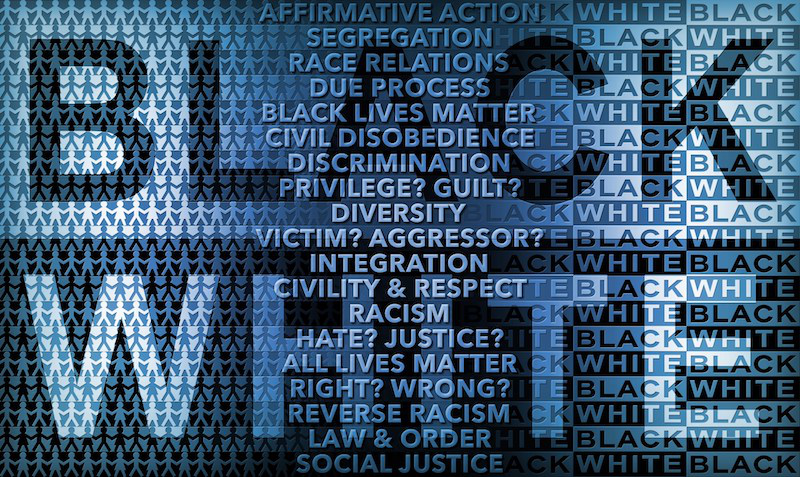But, while it’s popularly accepted to inflict accusation, shame, self-hatred and generalized guilt onto ourselves and other people we consider “wrong-doers” or wrong-thinkers, it is a form of spiritual violence that will eventually need to be healed.
In "What Social Justice Gets Right", a case is made that we can work to structure our systems, design public policy, and treat others in all the ways that social justice theories encourage without falling into the trap of extremism, dualistic thinking, or ideological fixation.
EXCERPT: “Liberal critics of the postmodern conception of the world, currently most visible in Social Justice activism, don’t claim that these ideas have no validity. They do. Given the choice of believing that culture strongly influences what a society accepts as true and believing that it has no impact, rational people who value evidence and reason must conclude that it does. The idea that recognition of this belongs to postmodernists or Social Justice activists, while the rest of us wander around in a comfortable haze of common sense waiting for them to make us woke to it is simply false. Humans in general have been aware of the existence of culture, the power of narratives and the tendency of humans to hold biases they are not fully aware of since long before Social Justice came into existence. Where liberals with progressive aims disagree with the Social Justice scholars and activists is on how to understand these biases and address them. It is essential to be clear about this if we are to make any kind of balanced and fair critique of Social Justice, and if we are to do so confidently en masse.”
